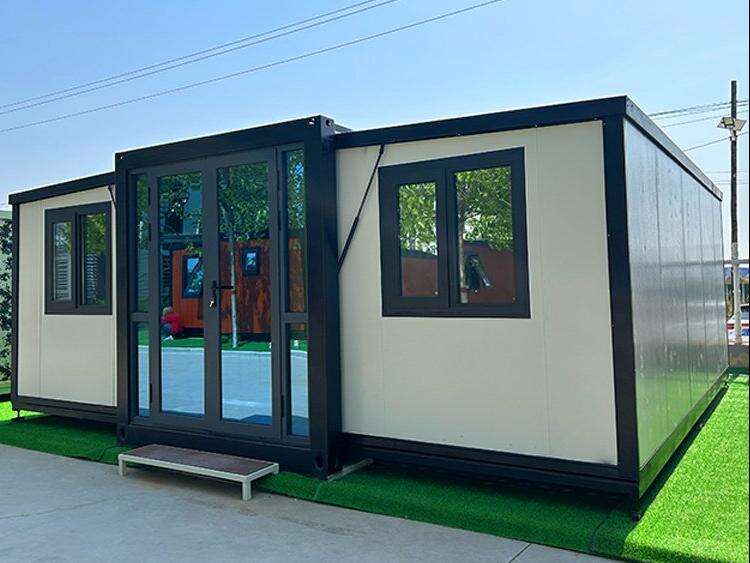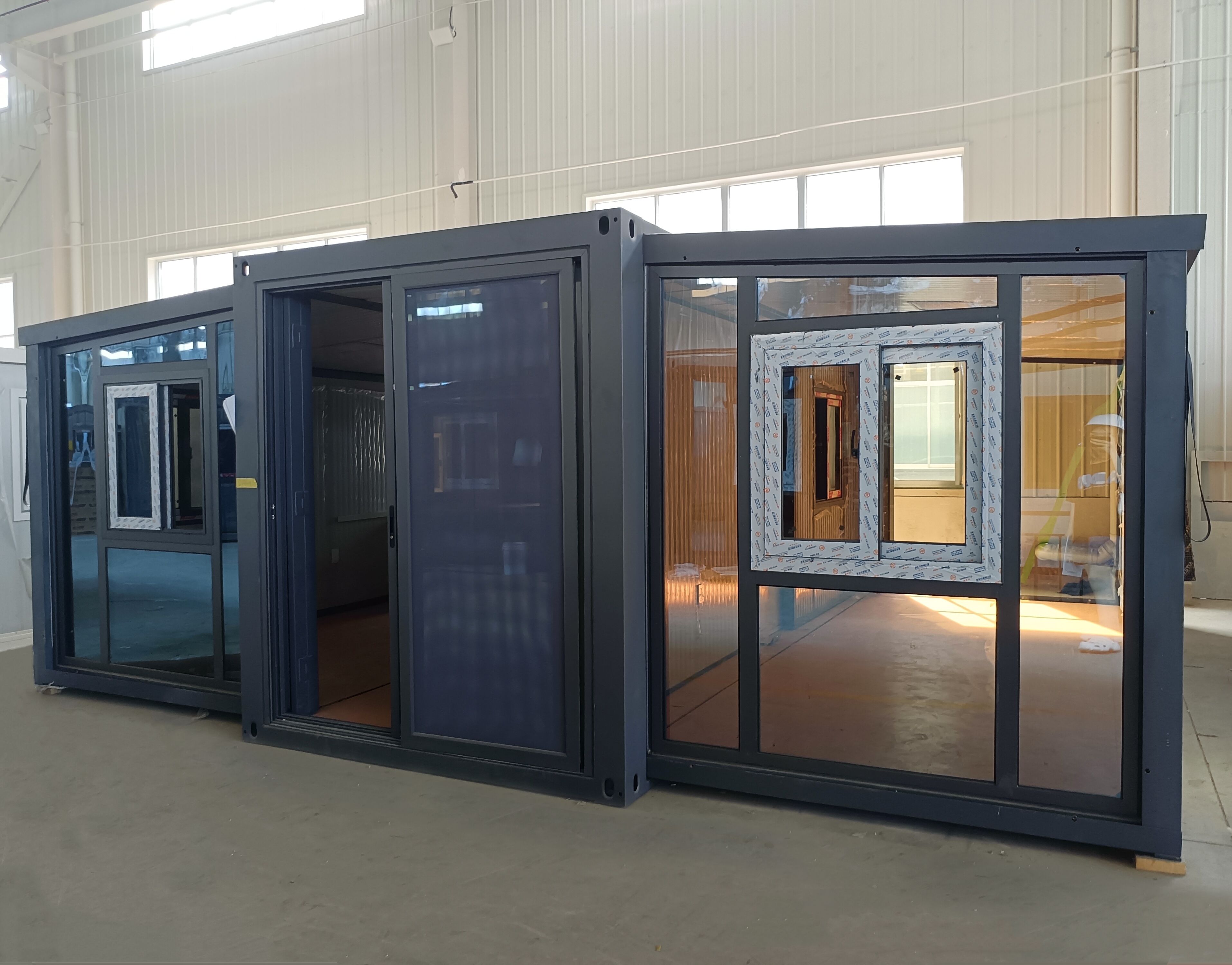How to Choose the Right Container House Supplier
As the demand for container houses continues to grow across residential, commercial, and industrial sectors, choosing the right supplier has become increasingly important. A reliable supplier not only provides high-quality products but also ensures smooth delivery, customization support, and long-term service. If you’re planning to invest in a container house—whether for temporary accommodation, office use, or modular living—here are some essential factors to consider when selecting the right supplier:

1. Assess the Supplier’s Experience and Reputation
Start by researching the supplier’s background. An experienced container house manufacturer will typically have a strong track record of successful projects and satisfied clients. Check how long the company has been in business, their main markets, and whether they specialize in specific types of container structures (e.g., expandable houses, foldable units, or prefab cabins).
Online reviews, customer testimonials, and case studies can give you insight into the company’s reliability and service quality. A reputable supplier should be transparent about their capabilities and proud to showcase their work.
2. Review Product Quality and Certifications
The quality of materials directly impacts the durability, safety, and insulation performance of a container house. Make sure the supplier uses certified materials—such as galvanized steel, fire-resistant sandwich panels, and waterproof flooring. Ask about structural testing, insulation ratings, and fireproofing standards.
If possible, request a product sample or arrange a factory visit to inspect the production process and material handling firsthand. Certifications like ISO, CE, or SGS can also indicate that the supplier follows strict quality control standards.

3. Understand Customization Options
Every project is unique. Whether you need additional windows, solar panels, partition walls, or integrated bathrooms, a good supplier should offer customization options to meet your functional and aesthetic needs.
Before you place an order, discuss layout possibilities, expansion mechanisms, and optional features. A professional supplier will provide 3D drawings or layout plans based on your requirements and offer design suggestions tailored to your application scenario.
4. Consider Logistics and After-Sales Support
Shipping container houses often involve international logistics, especially if you're importing from abroad. Ask the supplier about packaging methods, shipping timelines, and support with customs documentation. For overseas buyers, proper folding or flat-pack design can significantly reduce transportation costs.
After-sales service is equally important. Choose a supplier that offers technical support, installation guides, and clear warranty policies. Quick response to queries and timely troubleshooting can save you a lot of hassle after delivery.
5. Compare Pricing and Value
While it’s tempting to go with the lowest quote, the cheapest option may not always be the best. Focus on value rather than price alone. Compare the overall package—including material quality, customization services, transportation fees, and support.
Request detailed quotations and make sure there are no hidden costs. A trustworthy supplier will provide clear and honest pricing with full breakdowns.
Conclusion
Choosing the right container house supplier is a critical step that affects not only the success of your project but also long-term usage and satisfaction. By evaluating experience, product quality, customization options, logistics capability, and after-sales service, you can make an informed decision that ensures both quality and peace of mind. Take the time to do your research—and don’t hesitate to communicate your expectations clearly.







